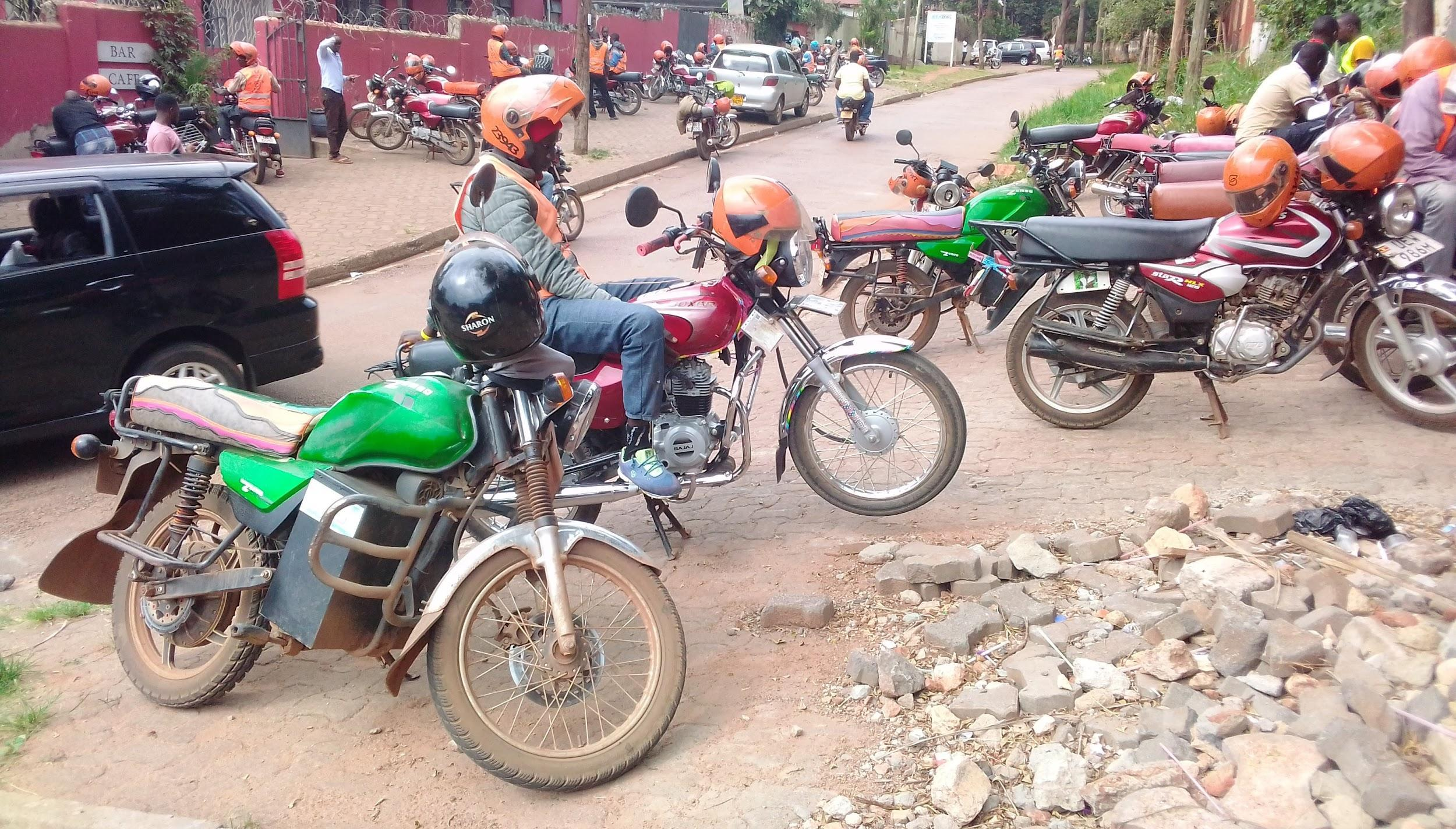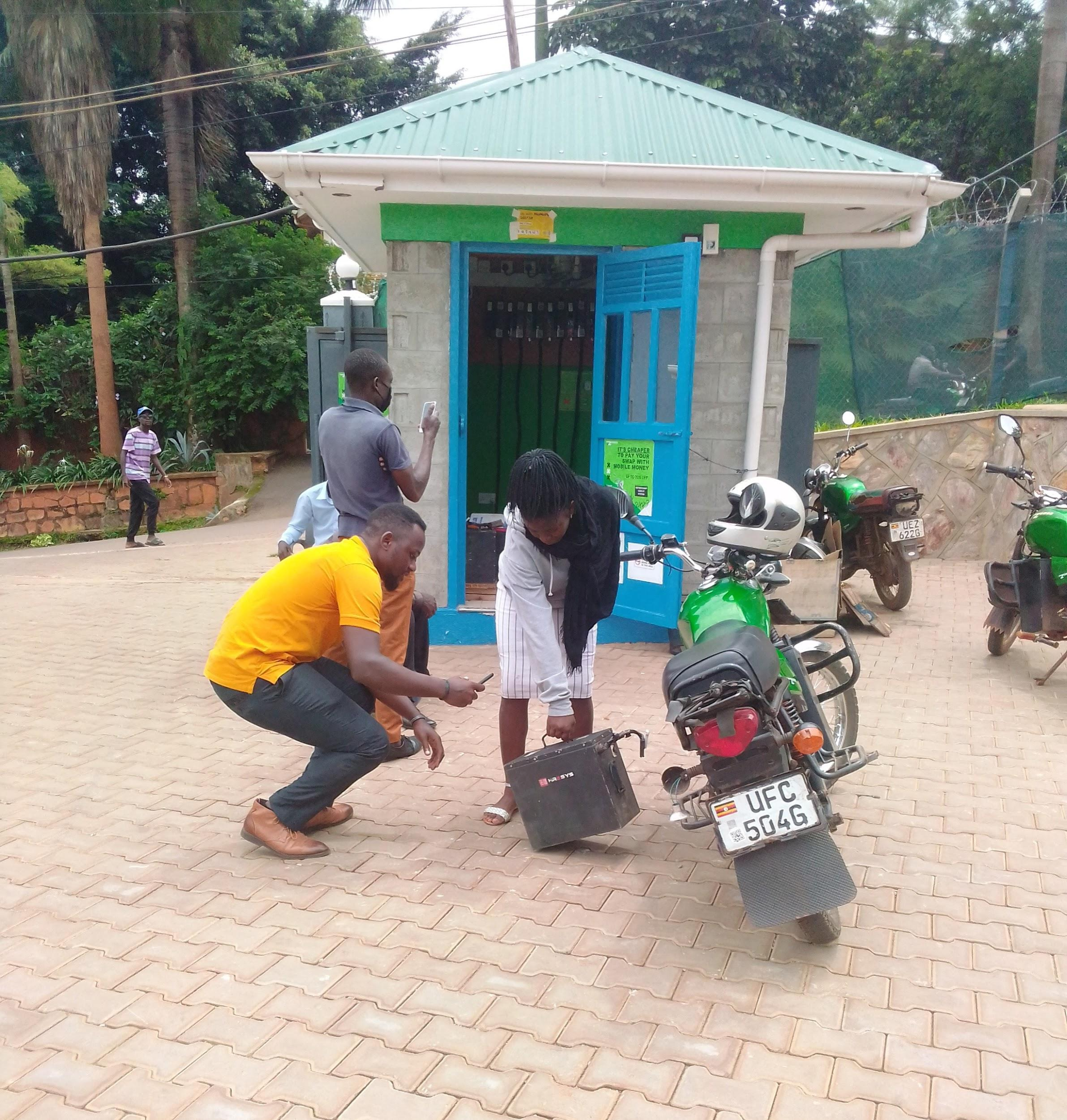12 August 2022 In Africa, Blog Post, Informal Transport, Morning Commute Blog, News
Engaging informal transport operators key to accelerating decarbonisation
In the Global South, where informal transport dominates cities and streets, simply following global trends and swapping gas guzzling SUVs for their electric-powered equivalents will likely have a negligible impact. The key to accelerating transport decarbonisation in the Global South lies in transitioning diverse informal transportation vehicle fleets to zero-emission vehicles powered by clean energy. Supporting this transition can create a pathway towards inclusive, sustainable and decarbonised transport.
The number of people who can afford personal cars is small and, even if everyone could afford a car, there wouldn’t be space for all of them on the road, perpetuating issues linked to road safety, pollution, and carbon emissions. So, it is important to encourage transportation that helps reduce travel hours while serving a large number of people at a time. This makes shared mobility a vital option for emerging economies and cities in the Global South.
Interventions such as Bus Rapid Transit and improving Non-Motorised Transport infrastructure are welcome, but by themselves cannot meet the growing demand for people to get from point A to point B. So for now, it won’t be possible to depend on them alone for accelerating decarbonisation. Meanwhile, the climate continues to call for help.
Informal transportation, which is usually sidelined by regulations and handled with coercion by governments, has provided an important means of transport services for years in our cities, and promises to continue to do so for much longer. In some African cities, up to 80% of the population relies on informal transport. So it is imperative that we respond by engaging, rather than excluding, informal transport operators in the fight against climate change.

In Kampala, for example, Zembo electric bodabodas are leading the transition in the Race to Zero. Electric motorcycles are clearly delivering significant benefits in improving driver income and social standing while reducing air pollution and greenhouse gasses (Courtright et al, 2021). With a small number of electric motorcycles around, such benefits are already observable. This sheds light on the untapped potential of informal transportation to accelerate decarbonisation.
Investments targeting the uptake of electric vehicles should focus on business models that prioritize informal transportation, which can greatly expand their market. Doing this, however, requires a clear understanding of the dynamics of the informal sector and strong leadership to support the transition.. The leading business model in electric vehicle adoption among informal transport operators is the lease-to-own acquisition plan. In Uganda, for example, lease-to-own is responsible for the huge numbers of motorcycles, taxis, matatus and tuktuks owned by informal transport operators. This model could be employed to support low income informal operators in acquiring electric vehicles. However, to get everyone to ride electric vehicles, it is crucial to have reliable infrastructure to support the transition.

The transition from Internal Combustion Engine (ICE) vehicles to electric vehicles comes with drastic changes that require drivers’ resilience and proprietors’ thick skin. The transition requires much more than simply switching out vehicles. It will require an overhaul to a deeply embedded, complex system: the ICE system has age-old establishments and reliable infrastructure (like ubiquitous petrol stations), and people are familiar with all the necessary procedures for maintenance of their ICE vehicles. For ICE vehicles, there are spare parts at numerous garages, drivers are sure to get fuel whenever they want, the durability of vehicles has been tested long enough to gain drivers’ trust, and passengers are never scared when the driver turns to a fuel station for a refill. Because of the few charging stations and the nearly inaccessible spare parts, coupled with worries expressed by passengers every time a driver turns to visit unfamiliar charging stations, many people find the use of electric boda bodas cumbersome.
It is clear that the electrification of informal transport is critical to achieving transport decarbonisation in the Global South. More efforts must be made to support this goal, taking into consideration both the unique challenges and opportunities presented by electrifying a means of transport relied on by millions.

Geofrey Ndhogezi
Geofrey Ndhogezi aka Lubyanza, is a boda rider in Kampala, Uganda. He worked with the Safeboda app for two years. He rides a Zembo electric motorcycle and is passionate about promoting e-mobility. Geofrey collaborates with Tom Courtright to share informal transportation insights on medium.com/lubyanza and @lubyanza on Twitter. He worked with the University of Michigan School for Environment and Sustainability Masters group36 to assess the impact of electric motorcycle taxis in Kampala. He also collaborates with Urban Action Lab, Makerere University, engaging in Sustainable Urban Development. Geofrey is currently carrying out research on social practices behind road crashes.

Geofrey Ndhogezi
Geofrey Ndhogezi aka Lubyanza, is a boda rider in Kampala, Uganda. He worked with the Safeboda app for two years. He rides a Zembo electric motorcycle and is passionate about promoting e-mobility. Geofrey collaborates with Tom Courtright to share informal transportation insights on medium.com/lubyanza and @lubyanza on Twitter. He worked with the University of Michigan School for Environment and Sustainability Masters group36 to assess the impact of electric motorcycle taxis in Kampala. He also collaborates with Urban Action Lab, Makerere University, engaging in Sustainable Urban Development. Geofrey is currently carrying out research on social practices behind road crashes.